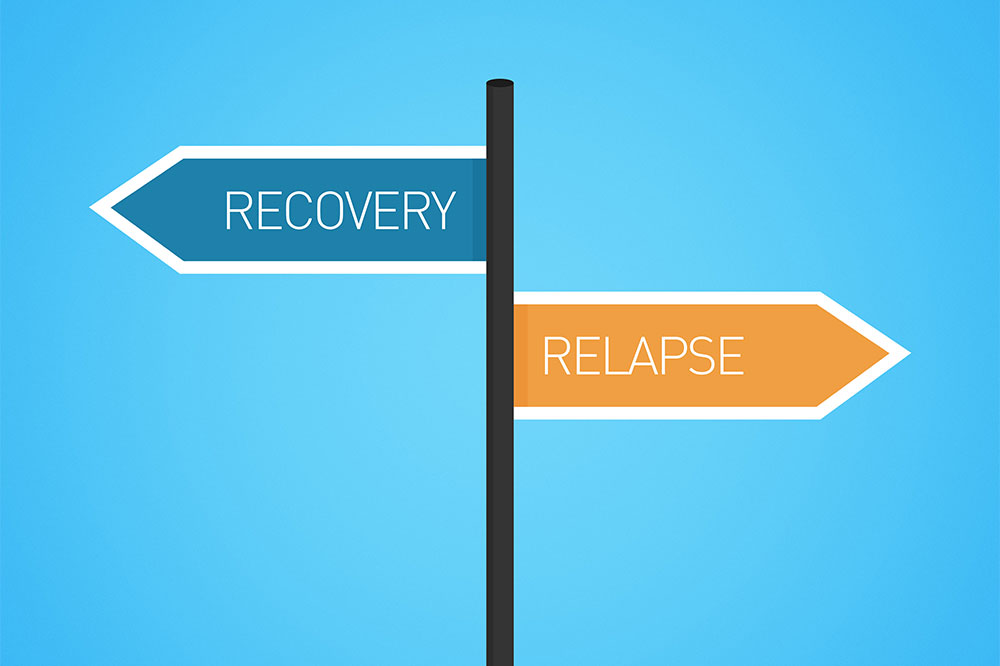Effective Strategies for Managing Cravings and Preventing Relapse After Addiction Recovery
This comprehensive guide offers essential strategies for managing cravings and preventing relapse after addiction recovery. It emphasizes the importance of stress management, emotional regulation, positive reinforcement, and social support networks in maintaining sobriety. Recognizing triggers early and adopting practical techniques can significantly reduce relapse risk and promote lasting recovery. The article is an invaluable resource for individuals committed to overcoming addiction and leading healthier lives post-treatment.

Effective Strategies for Managing Cravings and Preventing Relapse After Addiction Recovery
Overcoming addiction is a significant achievement, but the journey doesn’t end with initial recovery. The risk of relapse remains high during the post-treatment phase, making ongoing management crucial for maintaining long-term sobriety. Unaddressed cravings can often lead individuals back to destructive behaviors, whether it’s substance use, compulsive shopping, or other dependencies. Therefore, understanding and implementing effective strategies to manage cravings is essential for a successful and sustained recovery. This comprehensive guide explores various triggers that can lead to relapse and offers practical, research-backed approaches to handle them efficiently.
Unresolved addiction problems can escalate into serious health complications, affecting physical health, mental well-being, and overall quality of life. Common dependencies such as smoking, alcohol abuse, drug addiction, and even compulsive behaviors like overeating or shopping often share similar relapse triggers. Recognizing these triggers and developing strategies to address them can significantly reduce the risk of falling back into old habits. The post-treatment phase is a vulnerable period where mental and physical health are put to the test, making it vital to adopt lifestyle changes that support ongoing recovery.
The Role of Stress in Addiction and Relapse
Stress is arguably one of the most common and potent triggers for relapse. It underpins many mental and physical health issues, including addiction. When faced with stressful situations such as strained relationships, work pressures, or personal setbacks, individuals often instinctively turn to familiar coping mechanisms—substances or compulsive behaviors—to temporarily alleviate their discomfort. This cyclical pattern can quickly undermine recovery efforts.
Effective stress management is a cornerstone of relapse prevention. Lifestyle modifications such as practicing mindfulness, engaging in relaxation techniques like meditation or deep breathing exercises, and adopting a structured daily routine can help mitigate stress levels. Additionally, regular physical activity, a balanced diet, and sufficient sleep are crucial components that promote resilience against stress.
Building a robust support network, including friends, family, or mental health professionals, also provides an emotional safety net when stress becomes overwhelming. Learning to recognize early signs of stress and employing proactive strategies can empower individuals to handle stress without resorting to old habits.
Managing Emotions to Maintain Sobriety
Emotional fluctuations are a natural part of recovery but can unexpectedly trigger cravings. Daily emotional stress—such as anxiety, frustration, loneliness, or boredom—often goes unnoticed until it manifests as a powerful urge to revert to old behaviors. These emotional triggers are especially challenging because they are internal and sometimes subconscious.
Developing healthier emotional regulation strategies is vital. Techniques such as journaling thoughts and feelings can serve as a productive outlet for emotional expression and self-awareness. Engaging in hobbies, creative pursuits, or physical activities like walking, swimming, or yoga help redirect emotional energy constructively. Building emotional resilience through therapy, mindfulness, and self-care practices can significantly reduce vulnerability to cravings.
It's also beneficial to recognize warning signs—like irritability or mood swings—and address them proactively, possibly through counseling or support groups. Cultivating a positive mindset and practicing self-compassion can foster emotional stability necessary for sustained recovery.
Positive Reinforcement and Lifestyle Adjustments
Recovery isn’t solely about avoiding triggers; it also involves reinforcing positive behaviors and choices. Individuals recovering from addiction often encounter situations that can prompt cravings—social gatherings, peer pressure, or environments associated with substance use. While social interactions are essential, succumbing to cravings in these contexts can jeopardize long-term sobriety.
To counteract this, implementing positive reinforcement strategies is effective. Rewarding oneself for resisting cravings—be it through small treats, engaging in favorite hobbies, or relaxation practices like yoga—helps rewire the brain’s response to triggers. Developing new routines and hobbies that bring joy and fulfillment can fill the void left by previous dependencies.
It’s also crucial to prepare for social situations by planning ahead. For example, bringing non-alcoholic drinks to gatherings or having an exit strategy when feeling overwhelmed can help maintain control. Building a supportive social environment, where recovery is understood and respected, reinforces commitment and reduces the anxiety associated with socializing.
Role of Group Counseling and Social Support
Participation in group counseling, support groups, and community events plays a critical role in relapse prevention. Celebrations such as birthdays, holidays, or social gatherings often involve alcohol, tobacco, or other substances that may act as immediate triggers for relapse. Therefore, abstaining from these substances during social events is essential for maintaining sobriety.
Engaging in counseling sessions can provide individuals with coping tools, emotional support, and a sense of accountability. Sharing experiences with others who understand the challenges fosters hope and resilience. Preparing mentally for social situations—visualizing positive outcomes and practicing refusal skills—can bolster confidence and reduce temptation.
Finally, forming connections within support groups or sober communities offers a sense of belonging and shared purpose. These networks provide ongoing encouragement, practical advice, and motivation, reinforcing the importance of continued sobriety and self-care.
In summary, managing cravings effectively requires a multifaceted approach that addresses emotional, physical, and social factors. Recognizing triggers early and employing tailored strategies—such as stress management techniques, emotional regulation, positive reinforcement, and strong support networks—are vital for long-term success in addiction recovery. Cultivating these habits not only reduces the risk of relapse but also enhances overall mental and physical well-being, paving the way for a healthier, addiction-free life.
。



